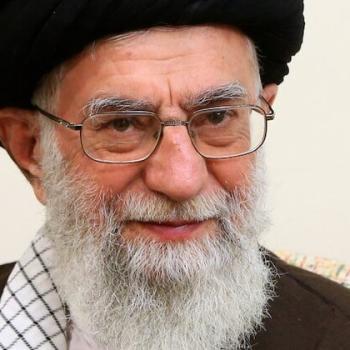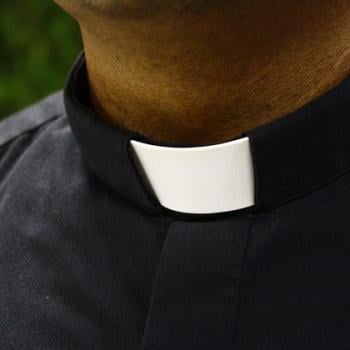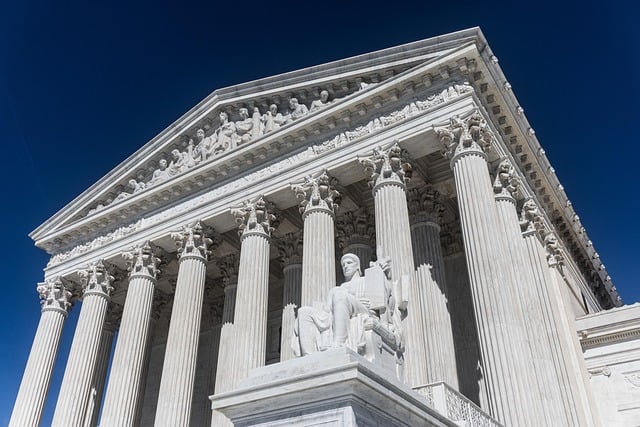
Background of Religious Freedom In Education Case
The legal controversy started in Maryland’s Montgomery County Public Schools. This particular county is that state’s most populous county with over a million residents. Results of a recent survey indicate it is also the most religiously diverse county in the nation. In addition to a number of Christian denominations, Montgomery County ranks in the top five in the country as to per-capita population of Buddhists, Hindus, Jews, and Muslims.
For the 2022-2023 school year, the Board of Education for this religiously diverse county added to the elementary school curriculum “LGBTQ+- inclusive” storybooks. Among the selections were Prince & Knight by Daniel Haack for third graders [a story about a prince preferring to marry a knight rather than a princess] and Born Ready: The True Story of a Boy Named Penelope by Jodie Patterson for fifth graders. Educational instructions accompanying the books encouraged teachers to reinforce viewpoints presented in them and to reprimand students who disagreed. A group of parents from various faiths requested the school district to allow them to opt out their children when books containing LGBTQ+ characters and themes were used in English language arts classes. These requests were denied.

Court History of Mahmoud
Dismayed by the school district’s refusal to allow opt-out of students on religious grounds, parents turned to the courts for relief. This group included parents identifying as Muslim, Roman Catholic, and Ukrainian Orthodox. Lead plaintiffs Tamer Mahmoud and Enas Baraka, are Muslim with a son in elementary school. The aggrieved parents argued the Board’s adoption of the new curriculum along with their denial of the ability to opt out impermissibly burdened their free exercise of religion.
Because the issue involved a constitutional provision, the Free Exercise Clause of the First Amendment, the lawsuit proceeded in the federal district court in Maryland. In August 2023, the presiding judge denied the plaintiff parents’ request for a preliminary injunction. Such an injunction would have restored the policy of allowing parents the right to opt out their children from the controversial lessons while the lawsuit was pending. The parents then appealed the injunction’s denial to the US Court of Appeals for the Fourth Circuit which upheld the decision in May 2024.
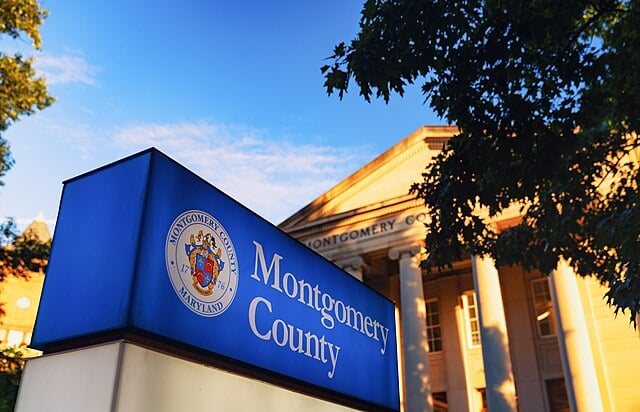
Mahmoud Opinion On Religious Freedom In Education
The lengthy (135-page) Mahmoud decision reversed the lower court’s decision on a 6-3 vote. It found the plaintiffs entitled to the issuance of a preliminary injunction. Key to this outcome was the majority’s conclusion that the government burdened the religious exercise of the parents. Specifically, the government did so by requiring their children receive instruction posing “a very real threat of undermining the religious beliefs and practices that the parents wish to instill.”
Justice Samuel Alito wrote the majority opinion. Therein, he noted that the lead plaintiffs Mahmoud and Barakat believed it immoral for their “impressionable” elementary-aged son to be exposed to teaching that undermined their Islamic faith and beliefs. He also cited prior Supreme Court decisions about the free exercise of religion. In particular, Alito quoted Tinker v. Des Moines Independent Community School Dist., 393 U. S. 503, 506–507 (1969) for the proposition that free exercise of religion “is not shed…at the schoolhouse gate.” Further, the justice stressed the Supreme Court’s long-recognition of parents’ right to direct the religious upbringing of their children.
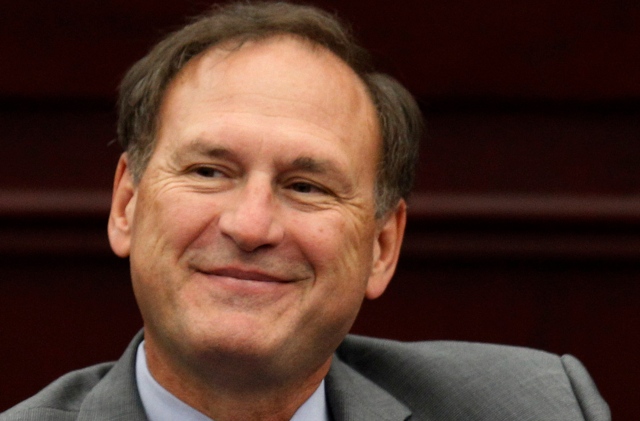
Aftermath Of Mahmoud Decision
For now, the Montgomery County Public Schools must give notice to parents of the timing of the use of these controversial books in classroom lessons. Further, parents can opt-out their students during this teaching. But the case is far from over. Mahmoud merely required a preliminary injunction be entered while the case proceeds on the merits in the lower courts. Nevertheless, given the strong indication in the Supreme Court decision that the plaintiffs would likely prevail, the legal future looks bright for these parents. The US came into being from a desire by many for the right to free exercise of religion, a value enshrined in the Constitution’s First Amendment. Upholding the position of the Mahmoud plaintiffs when it comes to religious freedom in education honors and respects that principle.
BRIEF VIDEO EXPLANATION OF THE MAHMOUD CASE




